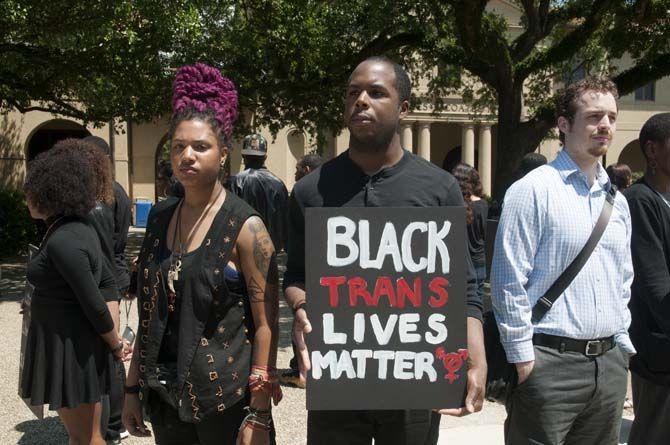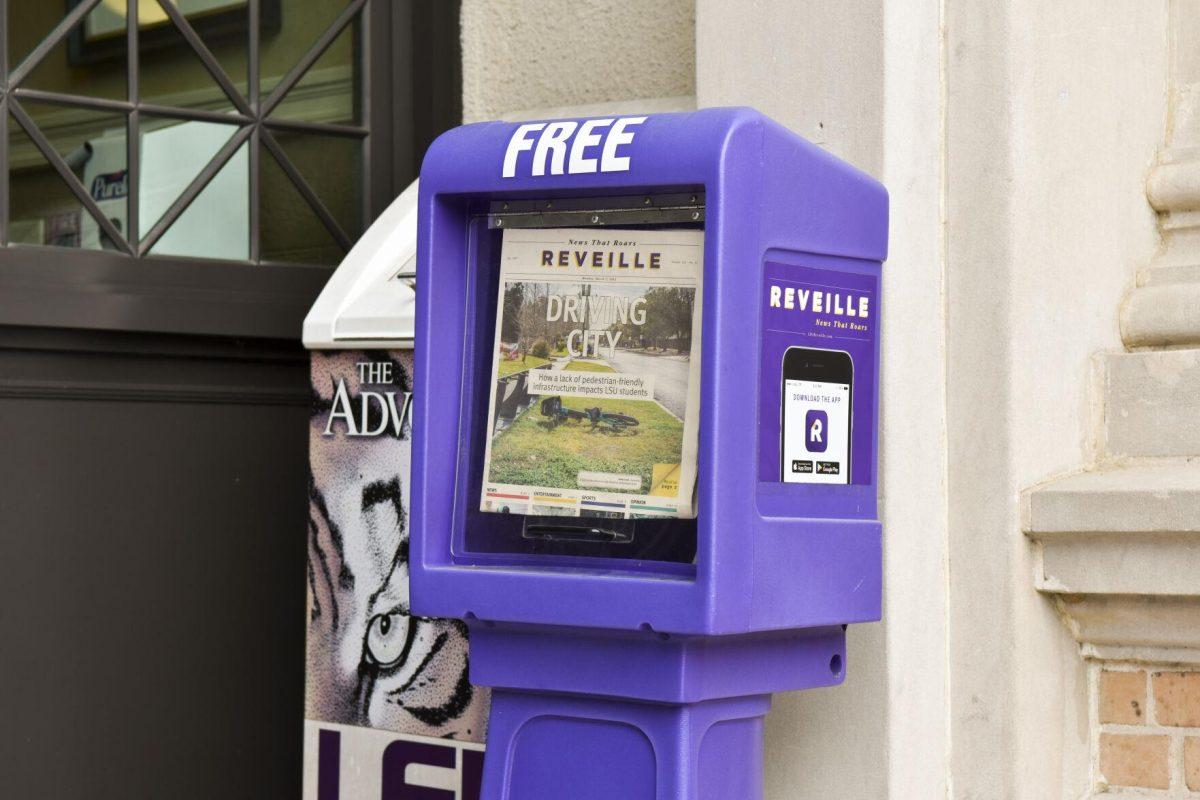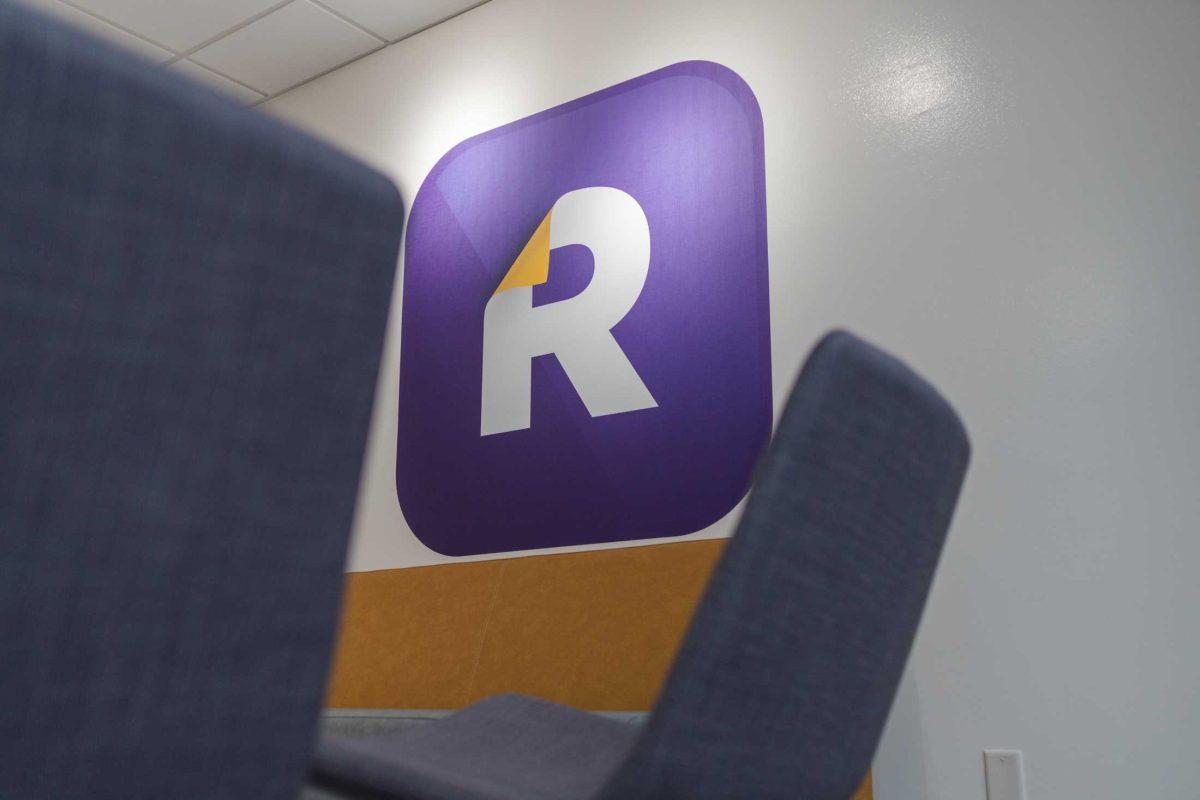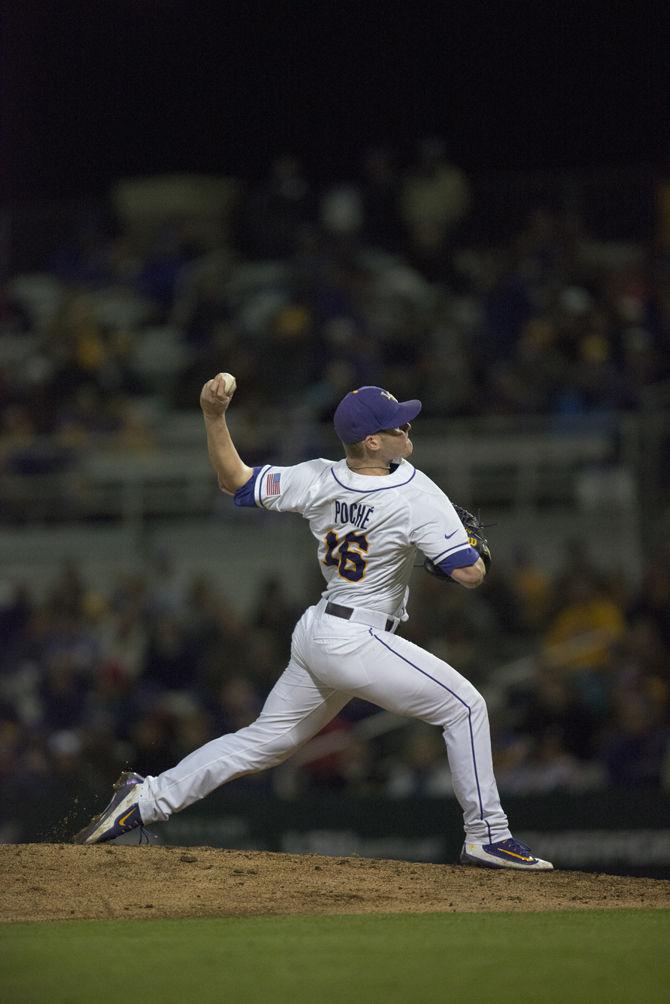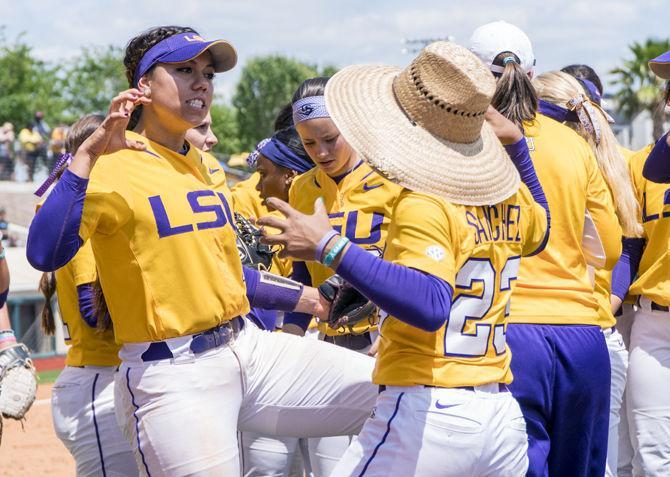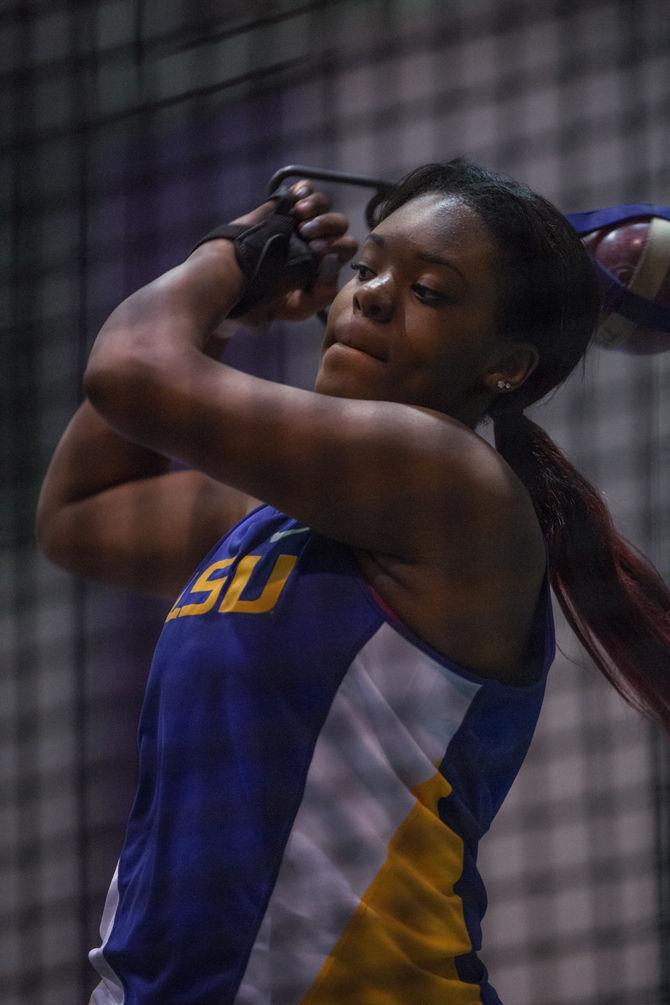Different groups on campus, no matter their sex, race or ethnicity, face battles others know nothing about. Each community confronts its own problems.
It’s easy to put all of your resources toward ending the struggles of groups you’re individually affiliated with. Personally, I have been an advocate for the black community — I want to see reform of the criminal justice system (possibly even abolishment), progress to better black neighborhoods, among other initiatives. I have never stood in the way nor blocked opportunity for other marginalized groups, I have always remained an ally. However, I could admit my main focus was always my community, as a black person.
Not until this semester had I ever had a discussion on intersectionality a term coined by civil rights’ advocate Kimberlé Crenshaw which is defined as the interconnection between races, classes, genders and more. Coincidentally, two of my courses focused an entire class period on this topic. After learning about the concept, it changed my mindset on how society should go about its fight for equality.
Author, activist and scholar Angela Davis speaks on intersectionality on an international scale. She explains in “Freedom is a Constant Struggles: Ferguson, Palestine, and the Foundations of a Movement” how much greater the world would be if all people worked together, specifically she mentions work between Palestinians and African-Americans.
“It’s about racism, but it’s also about homophobia, and it’s about transphobia, and it’s about addressing ableism,” said Davis in an interview last year with Democracy Now!
Intersectionality is a global phenomenon and seems as though it may be hard to achieve internationally. We must remember, though, it is possible and should remain a goal. While working towards that goal, intersectionality is something that could be focused on in our local communities as well — our campus in particular.
Could you imagine the progress we’d make, toward equality, if we all came together and helped each other?
Imagine if the Minority Women’s Movement worked with the Black Student Union, who worked with Asian American Ambassadors who worked with the Muslim Student Association. These are all on-campus minority organizations that are often marginalized for the color of their skin. If all these groups reached out to other marginalized groups, that may not be racial minorities, then we could make an even bigger advancement.
We all provoke a privilege. A person possesses certain privilege for simply being white, male, straight or wealthy.
I’m not saying people don’t already fight for the rights of other communities — there have been members of the LGBTQ community at Black Lives Matter marches and there were black students at the immigration walk out in the Quad. What I’m saying is if this became a mainstream idea, as a society, we could make great progress. The problem is people don’t realize the concept of intersectionality nor do they realize how powerful it may be.
Once we make intersectionality one of our main goals, a brighter future will seem much closer. As one of my favorite politicians, Hillary Clinton, said several times, “We are stronger together.”
Clarke Perkins is a 21-year-old political science junior from New Orleans, Louisiana.
OPINION: LSU’s black organizations are essential
January 28, 2016
LSU organization Black Out holds a solidarity demonstration in the Quad on Wednesday , April 29, 2015 against police brutality and in honor of Freddie Gray in Baltimore.
More to Discover



